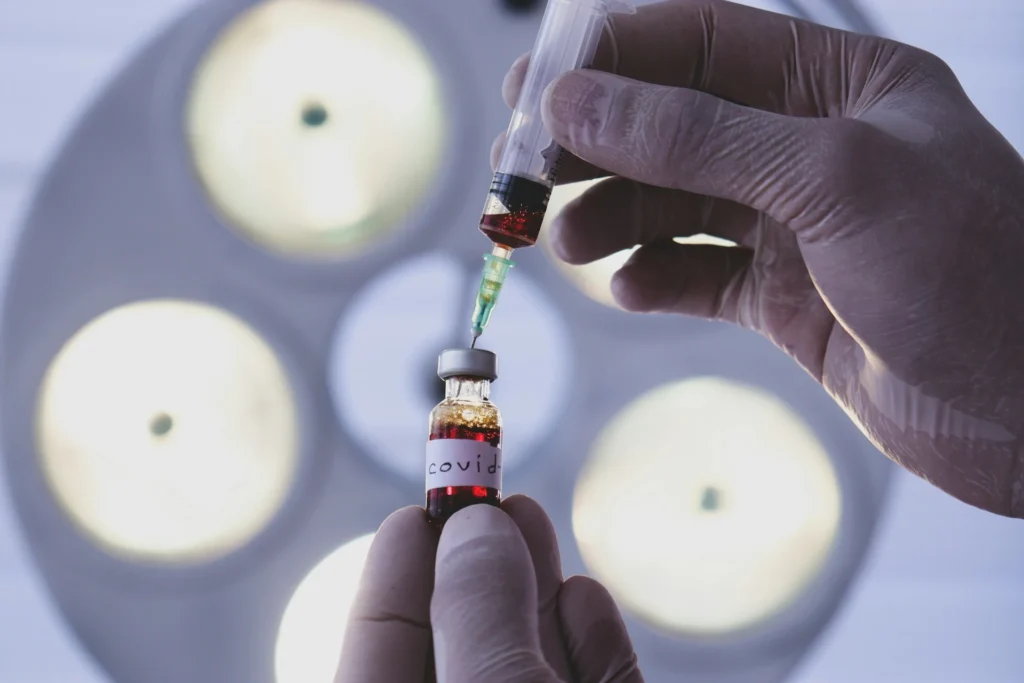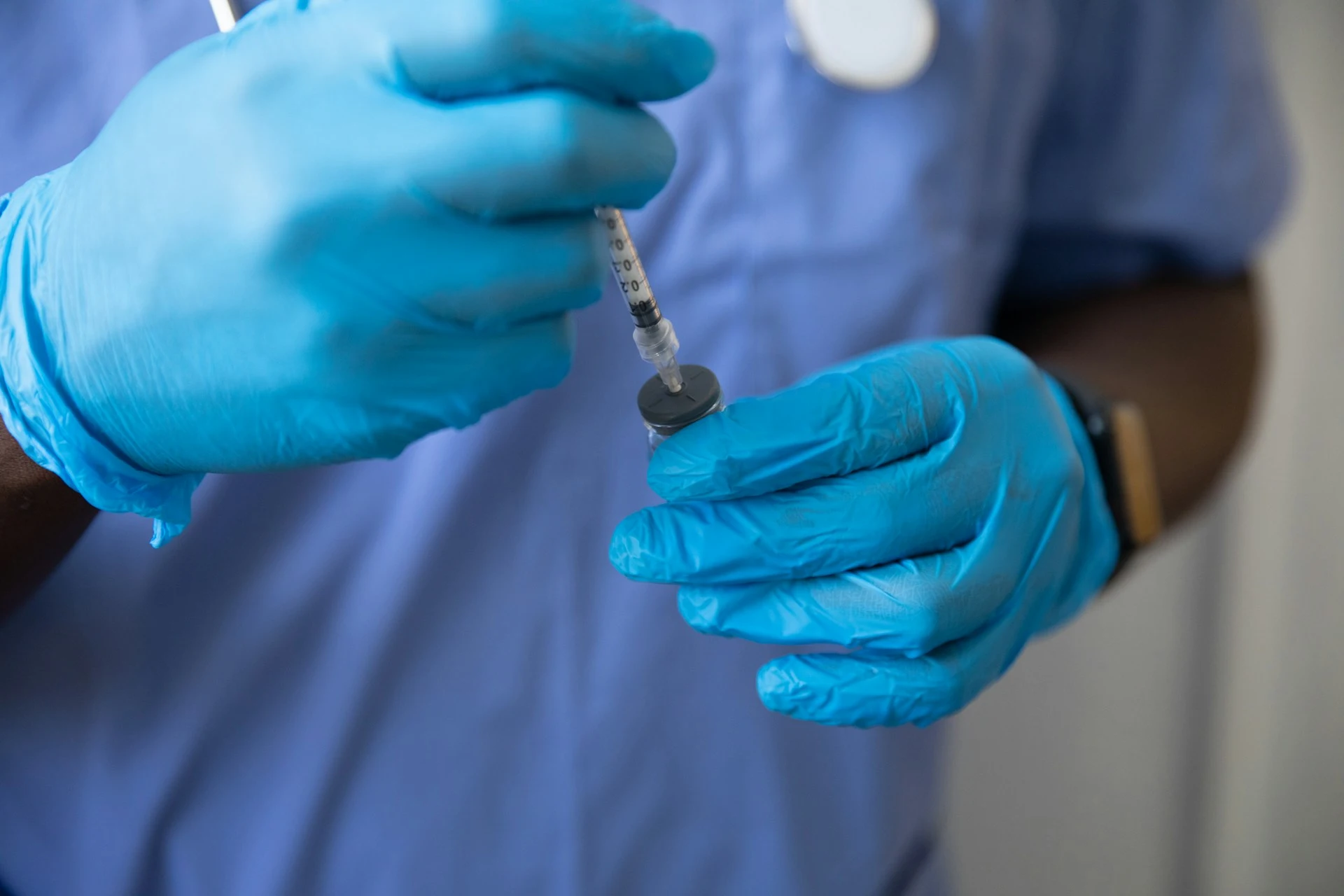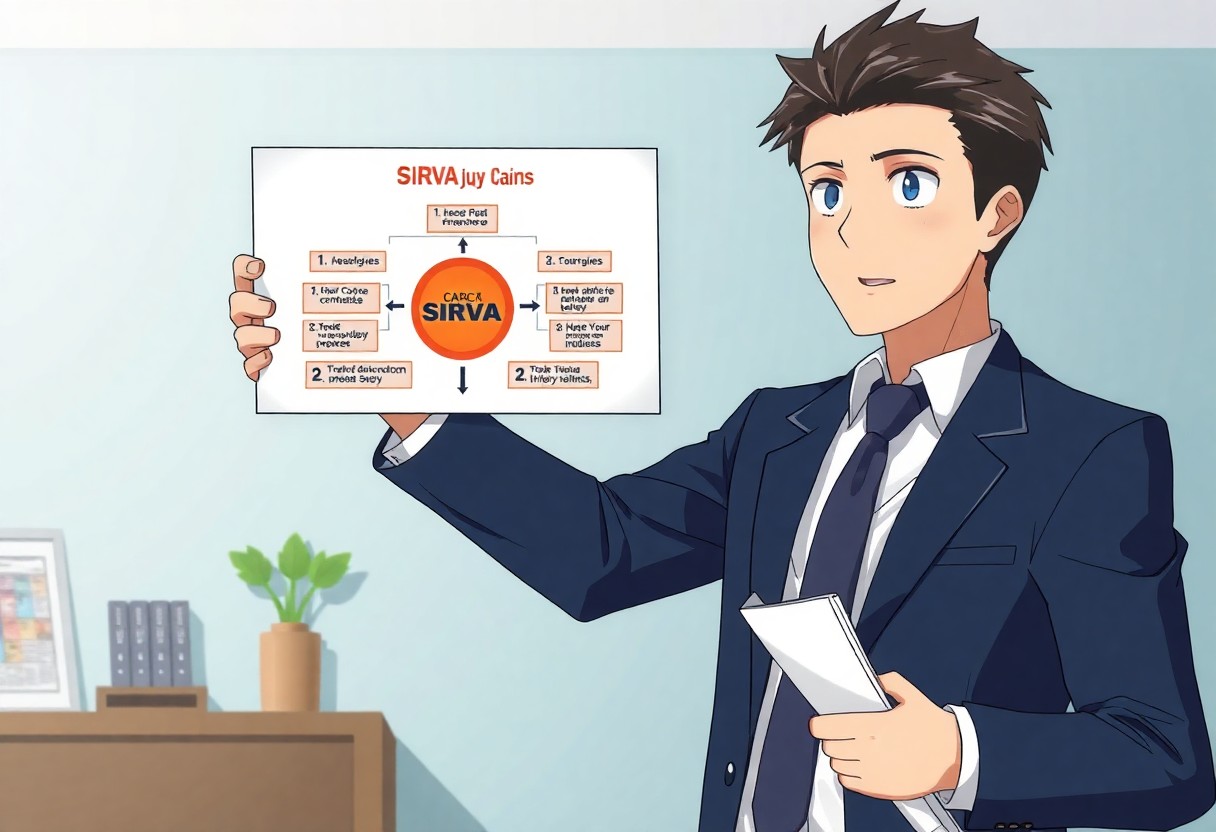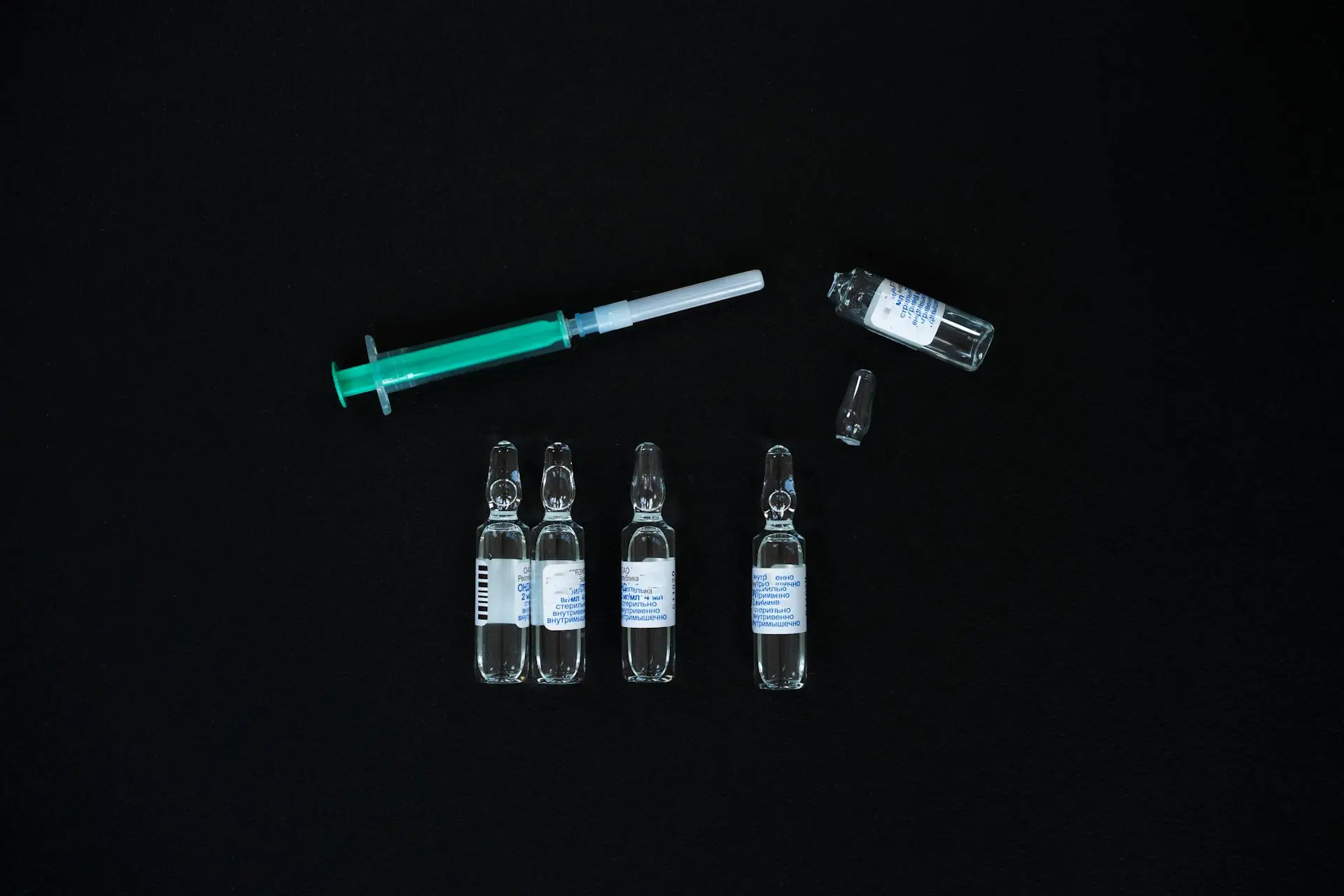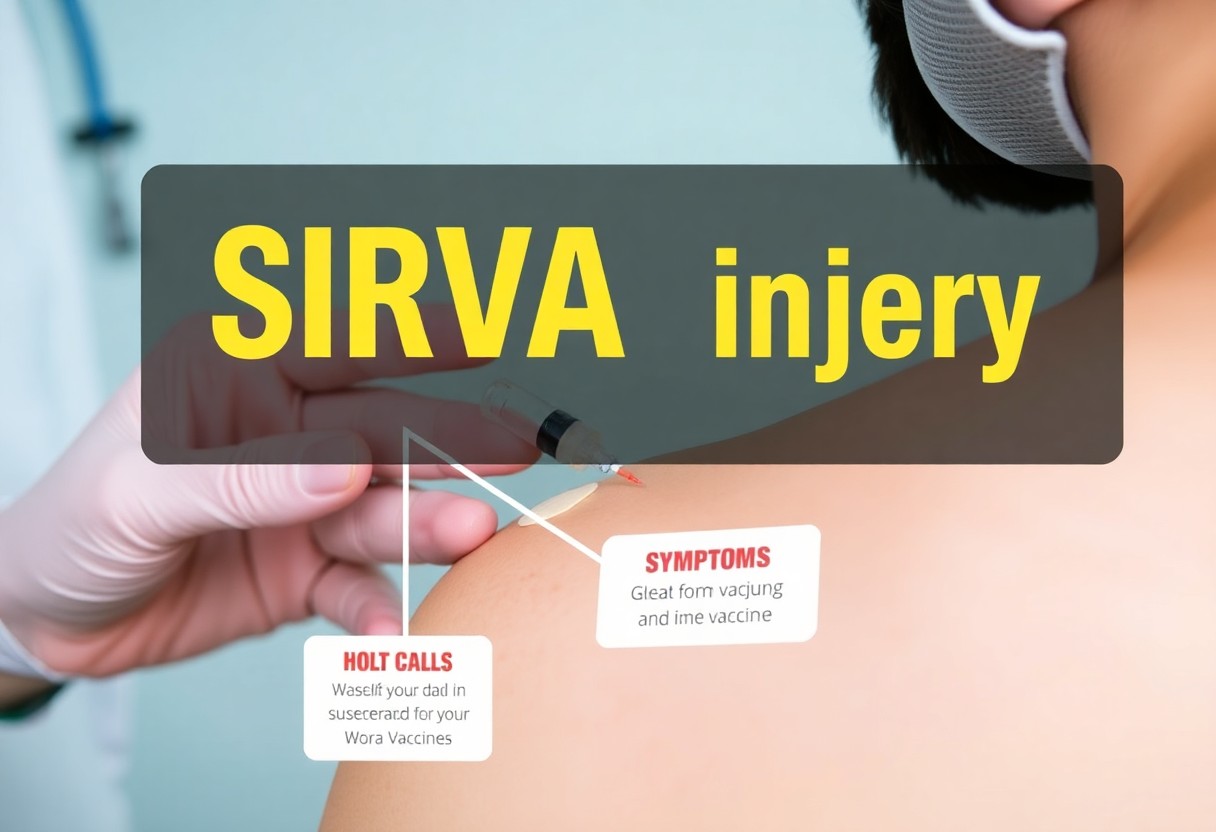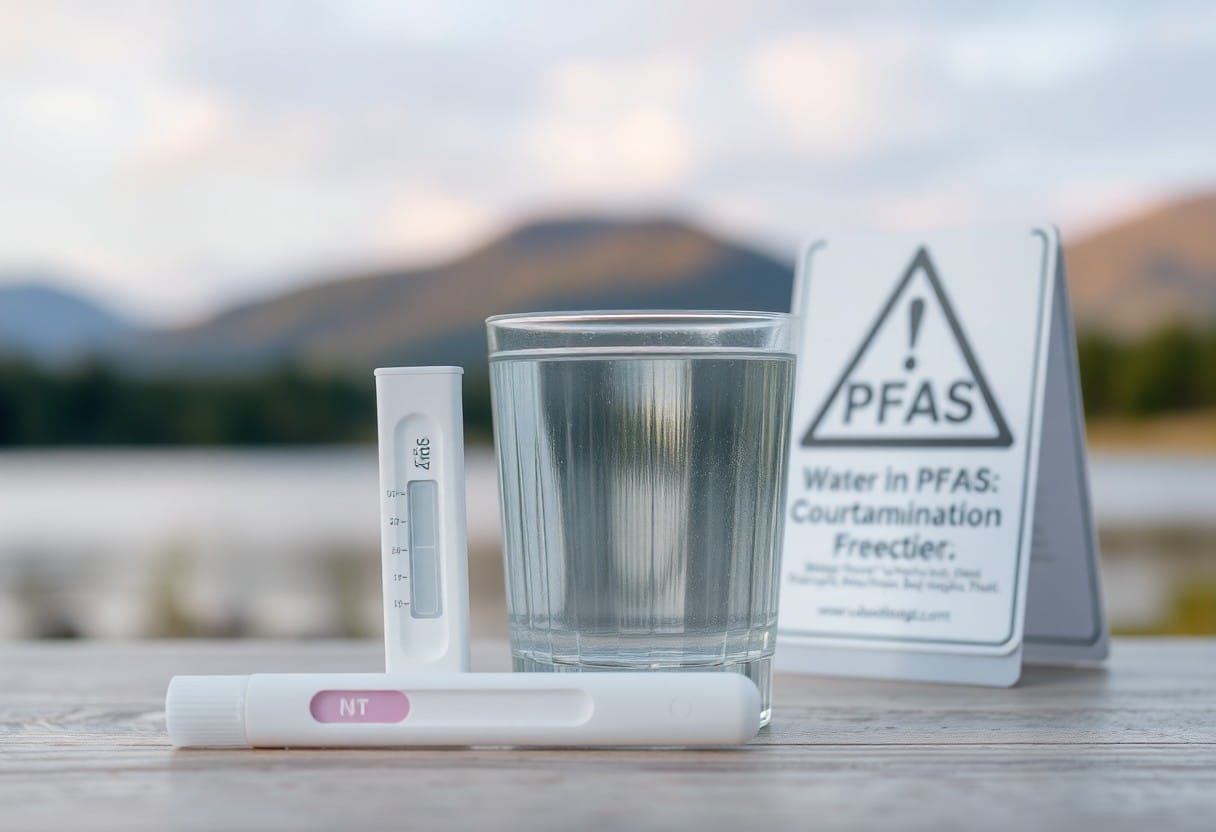Are you feeling pain in your shoulder after getting a vaccine? You might be one of many facing a condition called Shoulder Injury Related to Vaccine Administration (SIRVA). This isn’t just any shoulder pain—it can really impact your life. But there’s some good news. You might be eligible for compensation! Let’s walk through a simple checklist to help you find out if you qualify.
What is SIRVA?
SIRVA happens when a vaccine injection is given in the wrong spot. This can lead to pain, limited movement, or even disability in your shoulder. It is often caused by:
- The needle being inserted too high.
- Using the wrong needle size.
- Not positioning the person correctly during the shot.
Understanding what SIRVA is is the first step. If you have symptoms like pain or limited movement after a vaccine, you need to know more. For more insights on SIRVA and its causes, check CDC’s page on vaccine administration.
Common Symptoms of SIRVA
People with SIRVA may experience various symptoms. Here are some you might notice:
- Pain in the shoulder or upper arm: This is often the first sign.
- Limited movement: You might find it hard to raise your arm.
- Swelling or tenderness: The area around the injection site may feel sore.
If you’re feeling any of these, it’s time to take action! Talk to your doctor to discuss your symptoms and potential treatments.
Checking Your Eligibility for SIRVA Compensation
So, how do you know if you’re eligible for compensation? Here’s a simple checklist:
1. Document Your Injury
Keeping track of your injury is crucial. Document details like:
- Date of the vaccine: This helps show when the pain started.
- Medical records: Keep all records from doctors or therapists.
- Symptoms: Write down when the pain started and how it progressed.
Visit MedlinePlus for tips on how to maintain proper medical records.
2. Assessment from a Medical Professional
A doctor must confirm your injury. They will examine your shoulder and possibly request imaging tests. This report will be important for your claim.
According to American Academy of Orthopaedic Surgeons, assessments are key to understanding the injury. Remember to ask your doctor for their professional opinion.
3. Prove the Injury is Linked to the Vaccine
You’ll need to establish a connection between your shoulder injury and the vaccine. This can be tricky, but it’s needed for compensation. Review guidelines from The Vaccine Injury Compensation Program to understand more about proving this link.
4. Filing a Claim on Time
There are deadlines for filing a SIRVA compensation claim. If you delay too long, you may miss your chance. Usually, you have three years from the injury date. Be mindful of these timelines to ensure you file on time!
5. Gather Supporting Evidence
Supporting evidence can strengthen your claim. This includes:
- Witness statements: If someone saw your injury or the vaccination.
- Photographs: Any visual proof of your symptoms or pain.
- Financial records: Keep track of any costs related to your injury.
For more tips, check out Legal Aid Society which has resources for gathering evidence.
6. Consulting with a Lawyer
Consider discussing your situation with a lawyer who specializes in SIRVA cases. They can offer guidance, help you file your claim, and represent you if needed.
FAQs About SIRVA Compensation
Here are some frequently asked questions to help you understand more about SIRVA and compensation:
1. How do I know if I have SIRVA?
You likely have SIRVA if you experience shoulder pain shortly after receiving a vaccine, especially if it interferes with your daily activities. A medical professional can provide an accurate diagnosis.
2. Can I receive compensation for SIRVA?
Yes, if your injury resulted from getting a vaccine and you have documentation to support your claim, you may be eligible for compensation.
3. What kind of compensation can I get?
Compensation can cover medical expenses, lost wages, and pain and suffering related to your injury. The amount typically varies based on individual cases.
Conclusion
Have you found this checklist helpful? Understanding if you’re eligible for SIRVA compensation can be a crucial step toward recovery. Remember to document your symptoms, consult a medical professional, and consider engaging with a lawyer for support. This journey might be difficult, but you don’t have to face it alone.
Don’t forget to reach out to helpful resources and links provided throughout this article. Knowledge is power when it comes to ensuring your rights are protected. For further reading, check these resources:
- CDC – Vaccine Safety
- World Health Organization – Immunization
- MedlinePlus – Shoulder Pain
By following this guide, you’re taking the right steps for recovery. Good luck on your journey toward healing!


